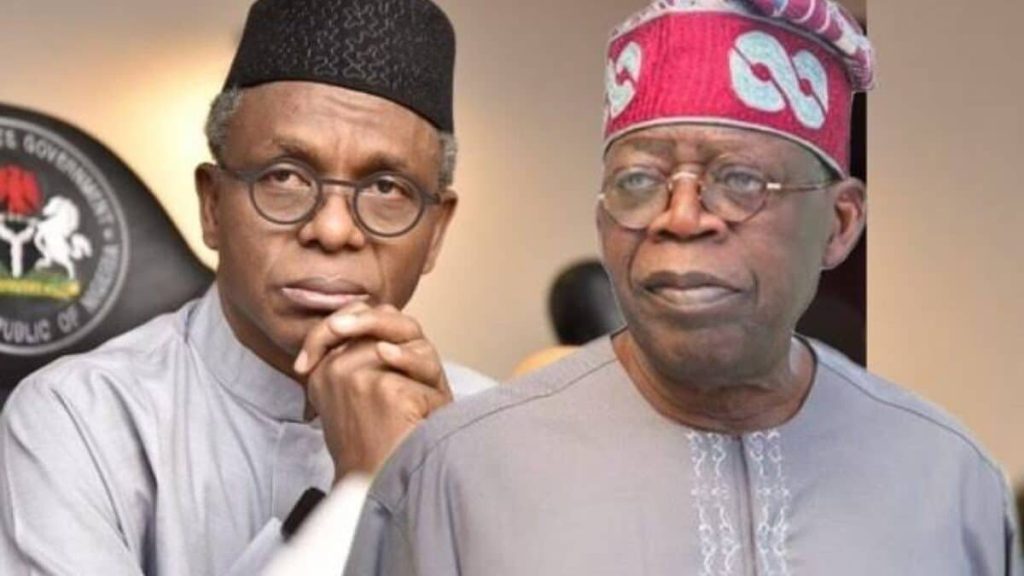Economy
China’s $254.76 million railway loan to Nigeria: A strategic investment or a debt trap?
DDM News

The China Development Bank (CDB) has granted Nigeria a loan of $254.76 million (€245 million) to continue the construction of the Kano-Kaduna railway project.
Diaspora digital media (DDM) reported that this financial aid was announced on Tuesday, providing essential support to ensure that the railway project, which links the northern commercial city of Kano with the nation’s capital, Abuja, progresses without delay.
The loan aims to accelerate the development of the 203-kilometer standard-gauge railway line, which, once completed, will drastically improve transportation in the region.
This project promises to provide a safer and more efficient travel option for residents, alleviating some of the existing transportation challenges.
More than just a transport solution, the railway is expected to serve as a catalyst for regional economic growth, particularly by fostering the development of industries located along its route.
Once operational, the Kano-Kaduna railway will likely boost economic activities within the region, creating significant employment opportunities during both its construction and ongoing operations.
The project is also seen as an important part of Nigeria’s larger infrastructure transformation strategy, with the railway offering a critical link between key cities in the country.
This enhanced connectivity is expected to open up new avenues for trade, manufacturing, and industrial activities along the railway corridor.
The project’s strategic importance is underscored by its inclusion in China’s Belt and Road Initiative, which seeks to improve global infrastructure connectivity.
The Kano-Kaduna railway is a part of the Third Belt and Road Forum for International Cooperation, demonstrating the long-term vision of the Chinese government to invest in vital projects across Africa.
The construction is being overseen by the China Civil Engineering Construction Corporation (CCECC), with financial backing from the CDB.
Reports from the CDB indicate that construction is progressing well, with the bank reiterating its commitment to working closely with the Nigerian government to ensure the timely and effective disbursement of the loan.
The CDB is dedicated to managing the subsequent phases of the project, ensuring that all financial resources are used efficiently.
This marks a shift from an earlier arrangement where the China Exim Bank was slated to finance the project but later withdrew, leaving the CDB to step in as the new lender.
Nigerian President Bola Tinubu had previously pledged that the government would ensure the completion of major rail projects, including the Ibadan-Abuja-Kaduna-Kano railway line.
The federal government’s commitment to infrastructure development is reflected in the substantial budgetary allocations for railway projects.
For the current year, approximately N44.4 billion has been earmarked to complete the Abuja-Kaduna and Lagos-Ibadan railway projects, signaling a strong focus on the modernization of transportation networks.
Meanwhile, the Chinese Foreign Minister, Wang Yi, is set to visit Abuja to engage in discussions aimed at strengthening the relationship between Nigeria and China.
The visit comes at a time when Nigeria is deeply involved in large-scale infrastructure projects funded by China, which has become one of Nigeria’s largest creditors in recent years.
These talks will likely center around continued cooperation in infrastructure development, trade, and economic growth.
Despite the optimism surrounding the project, there is growing concern about the rising level of foreign debt in Nigeria.
Critics argue that such loans could exacerbate the country’s financial difficulties and increase its reliance on Chinese financing, which may lead to economic dependence.
While the construction of modern infrastructure is crucial for Nigeria’s growth, the long-term financial implications of these loans are still uncertain.
Some fear that, without careful management, the burden of debt repayment could outweigh the benefits of improved transportation and industrial development, potentially leading to a debt trap for Nigeria.
As the construction of the Kano-Kaduna railway moves forward with Chinese financing, the question remains whether it will indeed contribute to Nigeria’s economic growth or become another heavy debt burden.
The ongoing debate over foreign loans and their impact on national sovereignty and economic stability continues to raise significant concerns.
For Diaspora Digital Media Updates click on Whatsapp, or Telegram. For eyewitness accounts/ reports/ articles, write to: citizenreports@diasporadigitalmedia.com. Follow us on X (Fomerly Twitter) or Facebook











